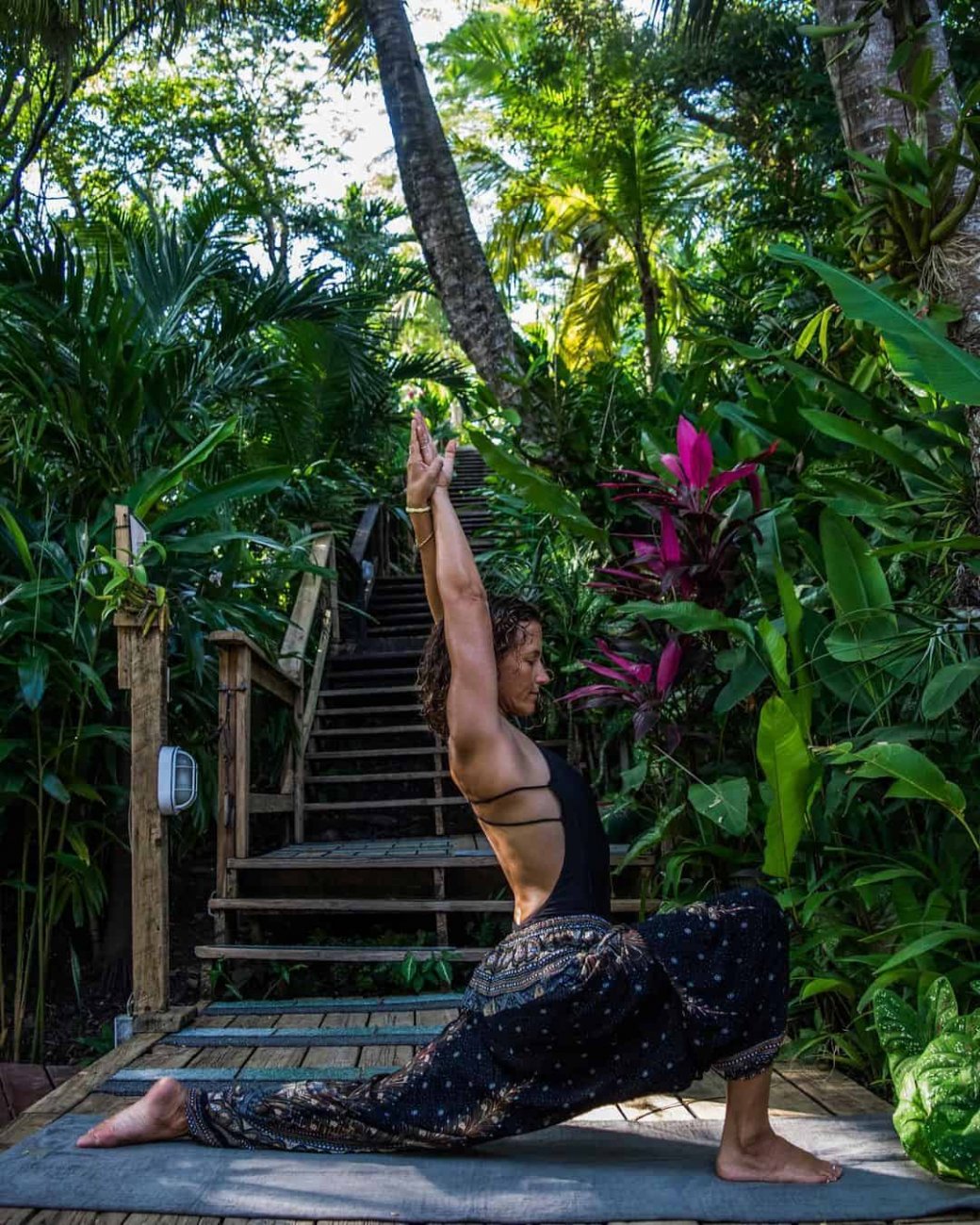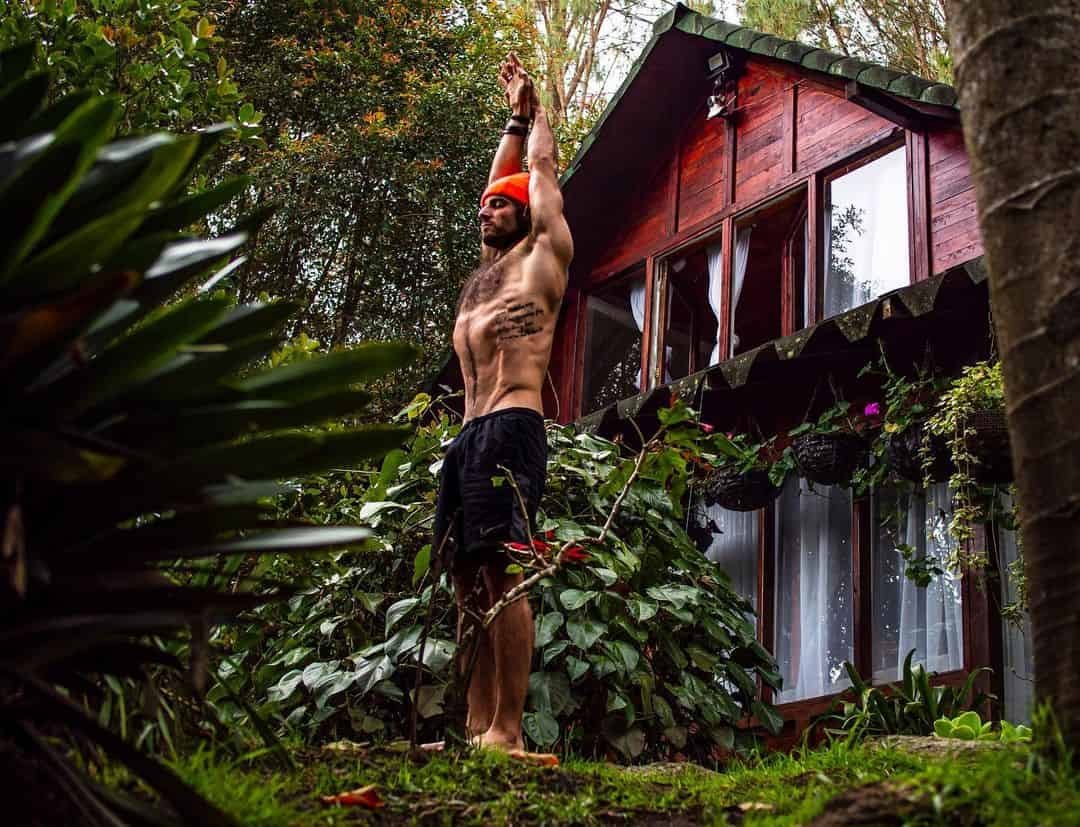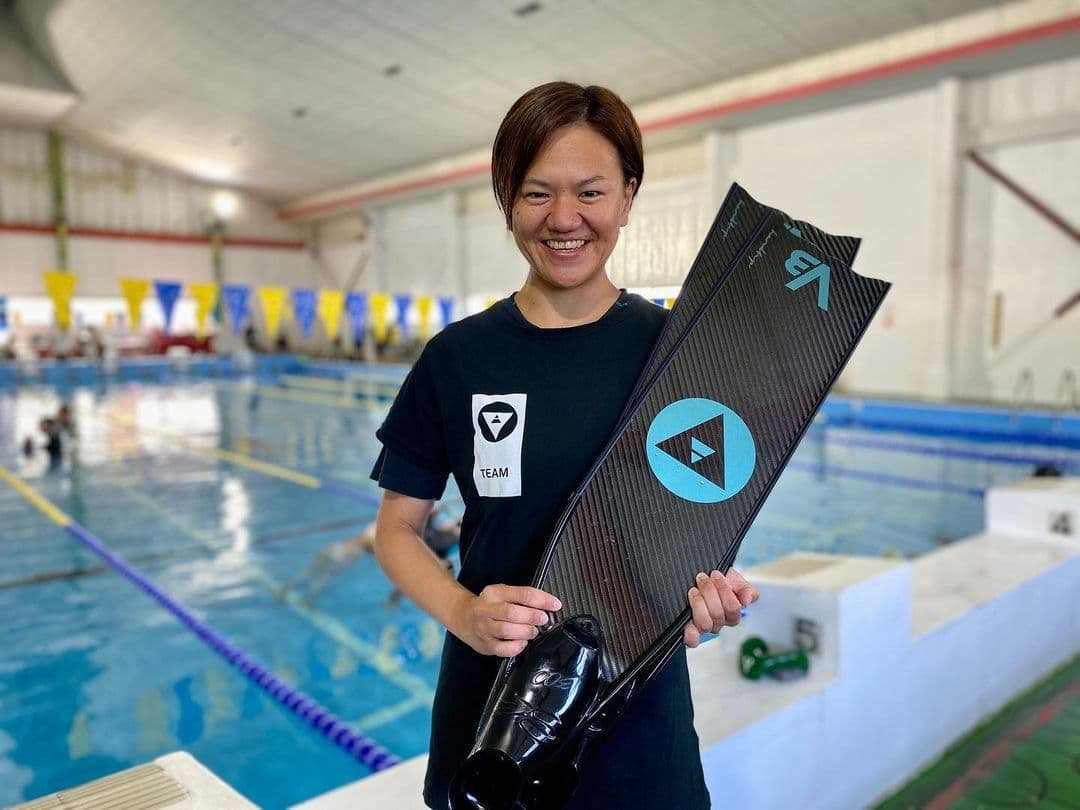What happens when you want to train for depth but you don't live close to the sea? Is there anything you can do? Can you keep your body adapted even when you can't dive often? Hello everyone. My name is Lily Crespy, I'm a freediving instructor trainer and athlete and also an Alchemy Ambassador and today I want to talk to you a little bit about how to train depth when you don't really have access to depth.
So, you have a bunch of options and the first thing you can do of course is a lot of dry training. In dry training, you can work on your flexibility to maintain the flexibility of your intercostal muscles, lungs, and diaphragm, so of course, every type of stretching, especially lung stretches, full lung stretching, and empty lung stretches are especially important for depth adaptation. These you can do year-round wherever you are.

You can also keep working on your CO2 adaptation even on dry land by doing dry static, which you can also do of course in the pool, just in water static, but you can totally work on CO2 training at home.
You can also work on your muscle strength to prepare you for the ascent from these deep dives, either in bifins or monofin or no fins where you're going to need those muscles, so just by going to the gym or even just doing workouts in your house. And the good thing here is that you can adapt these workouts and do them on breath hold, so you will build your muscles in a way that they're gonna be more adapted to the apnea state, like working in anaerobic conditions.

And finally, of course, another thing that you can work on dry which is going to be super important for your deep dives is equalization exercises. These you can do every day as much as you want and it's gonna keep your muscle memory for your deep dives whenever you return to depth the equalization will be that much easier if you've trained it regularly.
Except for dry, you can also work in the pool, so in the pool, you can work obviously on your technique, especially for things like monofin or no fins, which are pretty technical disciplines. The pool is a great tool because you can do lots of volumes, and a lot of laps until you drill this technique and it becomes really automatic in your body. You can also work on lactic resistance in the pool and on hypoxic tolerance which is also going to be useful in your deep dives.

And finally, if you have access to open water but without so much depth, maybe you can find some water that has 10 to 20 meters of depth, you can still do a lot of exercises in there, like of course empty lung dives, FRC or RV dives are super good for adaptation to depth and to work on equalization, and relaxation, so these are super useful. And you can also use this shallow depth to work on the first part of your descent to make it really automatic and you don't really have to think about it anymore. And finally, you can also do some long dives, that we normally call hangs. You can just go at whatever depth you have available and hang there or do some really really slow dives to work again on relaxation, hypoxia, and all of these will be super useful whenever you have the chance to go back to a deeper depth.